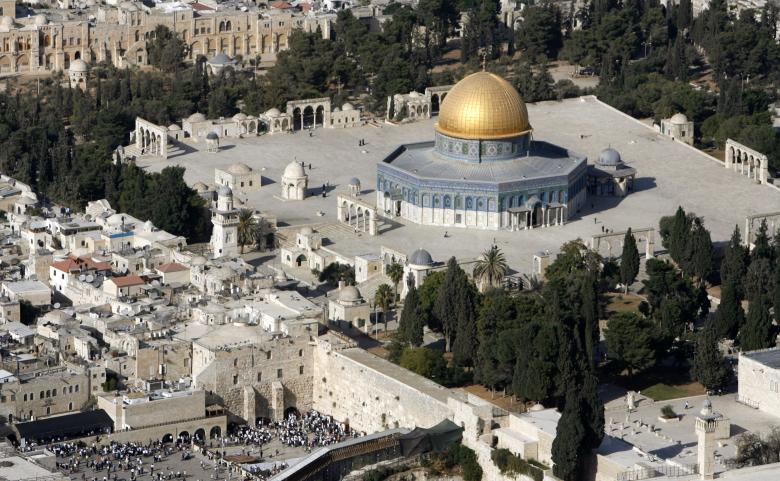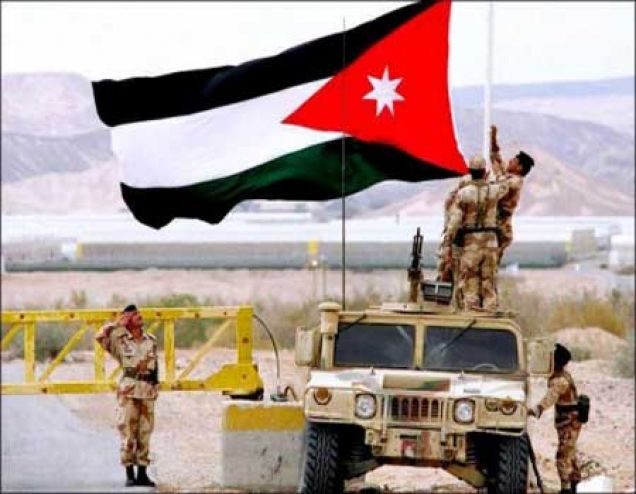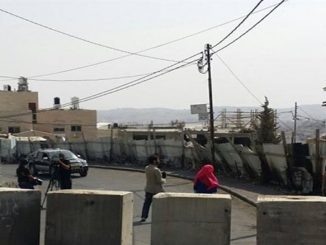
A few days ago, Israel recalled its ambassador to UNESCO for consultations after the U.N. culture body adopted a second resolution in two weeks that Israeli leaders said ignored Judaism’s connection with one of Jerusalem’s holiest sites, Reuters reported.
The resolution adopted by UNESCO’s World Heritage Committee in Paris refers to the compound as a “Muslim holy site of worship”, just as its resolution Oct. 13.
The latest vote, like the first, deals with the safeguarding of the city’s religious heritage.
At the Paris meeting, Israeli ambassador Carmel Shama Hacohen dropped a copy of the resolution into a trash bin.
According to Haaretz, contacts were made by Israel and the US via “secret channels,” which culminated in a panel session Wednesday morning when Palestinians and representatives of the Arab countries “were surprised” that Croatian and Tanzanian ambassadors demanded a secret vote, rather than passing the decision by consensus, as is permitted by UNESCO regulations.
Meanwhile, the PLO voiced its support for the resolution in a statement Wednesday saying that, “Contrary to what the Israeli government claims, the resolution that was voted by UNESCO aims at reaffirming the importance of Jerusalem for the three monotheistic religions,” adding that Al-Aqsa “continues to be threatened by the systematic incitement and provocative actions of the Israeli government and extremist Jewish groups.”
“Through an orchestrated campaign, Israel has been using archaeological claims and distortion of facts as a way to legitimize the annexation of Occupied East Jerusalem,” the statement added.
The resolution’s approval also came after reports emerged Tuesday suggesting that Israeli police would now recommend permitting members of Israel’s parliament, the Knesset, to visit the Al-Aqsa Mosque compound, after they were banned last October in an attempt to ease tensions at the site.
Tensions around occupied East Jerusalem’s Al-Aqsa Mosque compound were a main contributor to a wave of unrest that began last October, after right-wing Israelis made frequent visits to the site during the Jewish holiday season this time last year.
Two weeks ago, Israel lashed out at UNESCO for renewing a similar resolution that condemned it for restricting Muslim access to the site, in a part of Jerusalem captured by Israeli forces in a 1967 war.
Israel considers all of Jerusalem as its capital, a position that is not recognized internationally. Palestinians want East Jerusalem as the capital of an independent state they seek in the West Bank and Gaza Strip.



